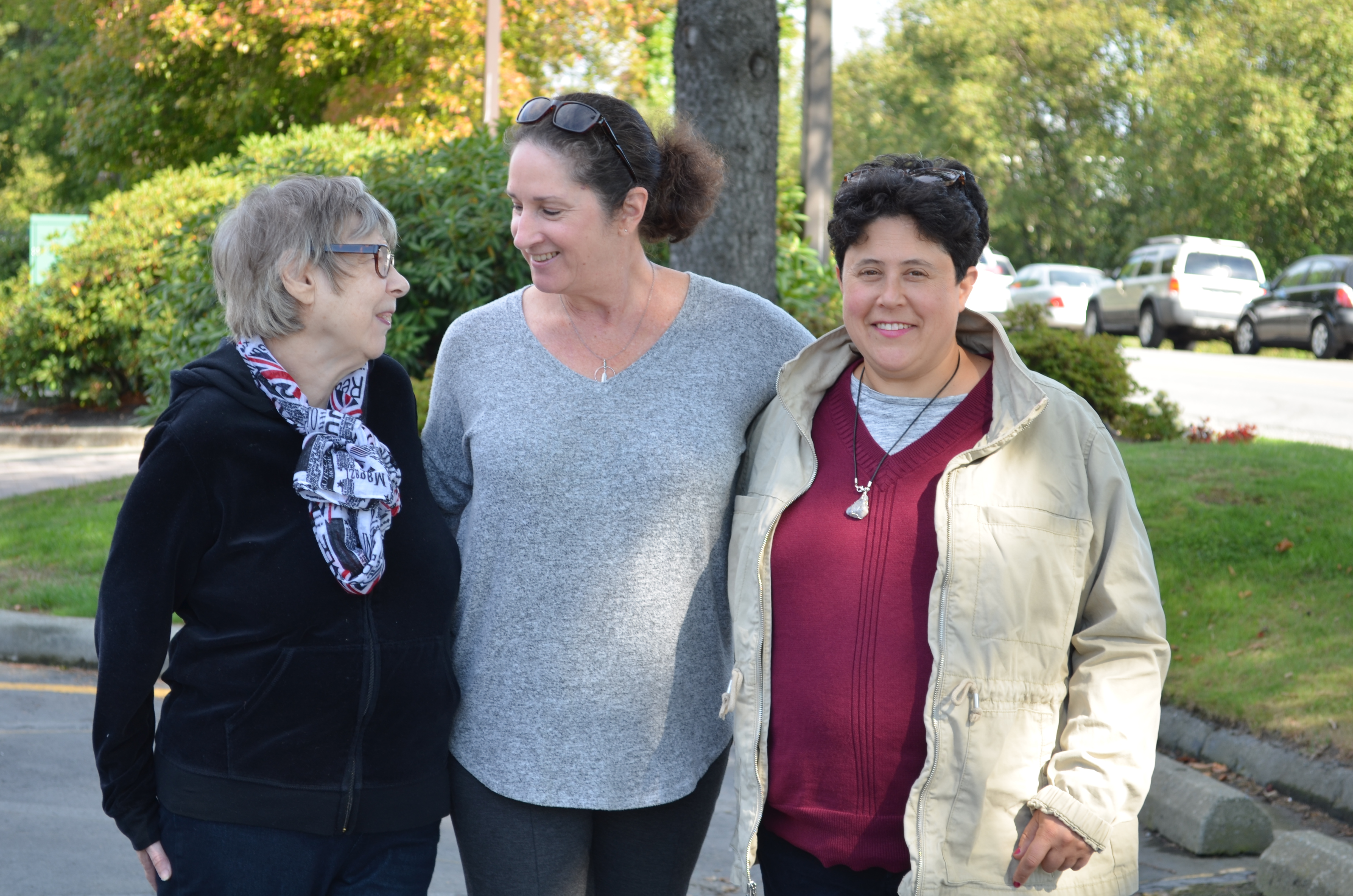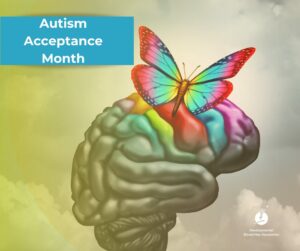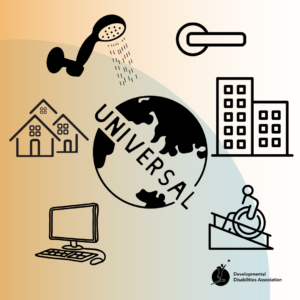By Alanna Hendren
I read a story the other day about how there have only been 50 units of senior’s rental housing developed in Vancouver during the past year and rentals there start at about $3,000 per couple per month.
These are no doubt far more glamorous units than the Lion’s Club senior’s housing development where my grandmother lived on Euclid Street near Renfrew and Kingsway during the 60’s, 70’s and 80’s. She was left with one infant and two toddlers when her husband died of tuberculosis in 1935, and she raised her sons on Widow’s Pension alone, through the Great Depression. There was no such thing as Income Assistance, Employment Insurance or publicly-funded health care in 1935, but the province did have a very small amount of money available to widows with children. There were no jobs, particularly for women with children. The only option she had was to live in poverty in East Vancouver and focus on raising three sons. As an immigrant from Scotland, she had no family to help out.
When she got older, my grandmother lived on Old Age Pension and was thrilled to find lovely, subsidized non-profit senior’s accommodations provided by the Lion’s Club so close to town. Having always lived frugally, she even able to save a few dollars every month to buy gifts for family or go on the odd vacation.
What simple times!
The monetization of everything, combined with privatization, excessive property costs and a consumer society run amok have created a serious uptick in homelessness (worse than the Great Depression), particularly for seniors and people with disabilities or other challenges. Housing and care costs for people living on low incomes or with few savings will continue to escalate rapidly as the population bulge of Baby Boomers rapidly ages and the wealth disparity gap grows ever wider.
Like seniors, people with disabilities sometimes need home modifications that make finding a place to live even more challenging (wheelchair ramps, accessible bathrooms, lower counters). Living on extremely low incomes in one of the most expensive cities in the world, housing inaccessibility is the biggest challenge to independence and community living for increasing numbers of people.
So who cares?
In every edition of the Star, we are asking you to care about people with developmental and other disabilities. This is a big demand since everyone these days has so many other things to care about – their own mortgages, jobs, finances, friends, families and health – and every time you turn around someone is having a problem with something. Who can even begin to keep up with all these good causes? The folks we support – through no fault of their own – an accident at birth or just an accident – must overcome challenges that would easily overwhelm most of us. Their courageous families who face
these challenges with them (often with no external support, often with less family income due to time spent caregiving) do so in a society of dwindling public resources, extremely scarce affordable rental housing and few support staff willing to work for wages that are too low to survive. Besides the fact that societies can be measured by the way their most vulnerable are treated, you should care because this is about all of us. If you live long enough, you will acquire disabilities, vision impairments, hearing impairments, mobility barriers, memory loss, confusion and other symptoms of aging, which so far has no cure.



